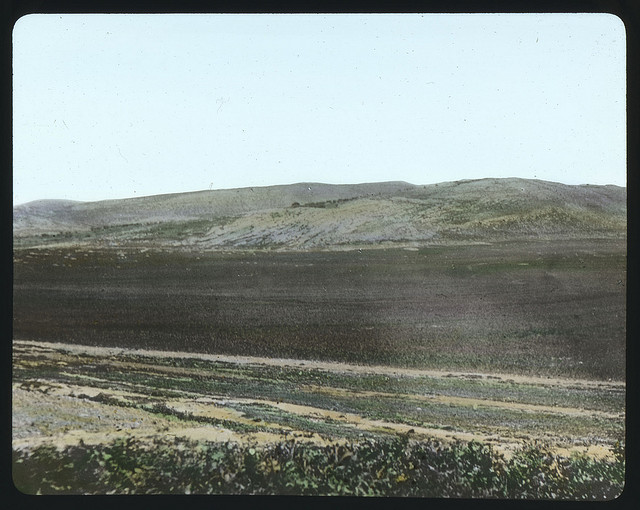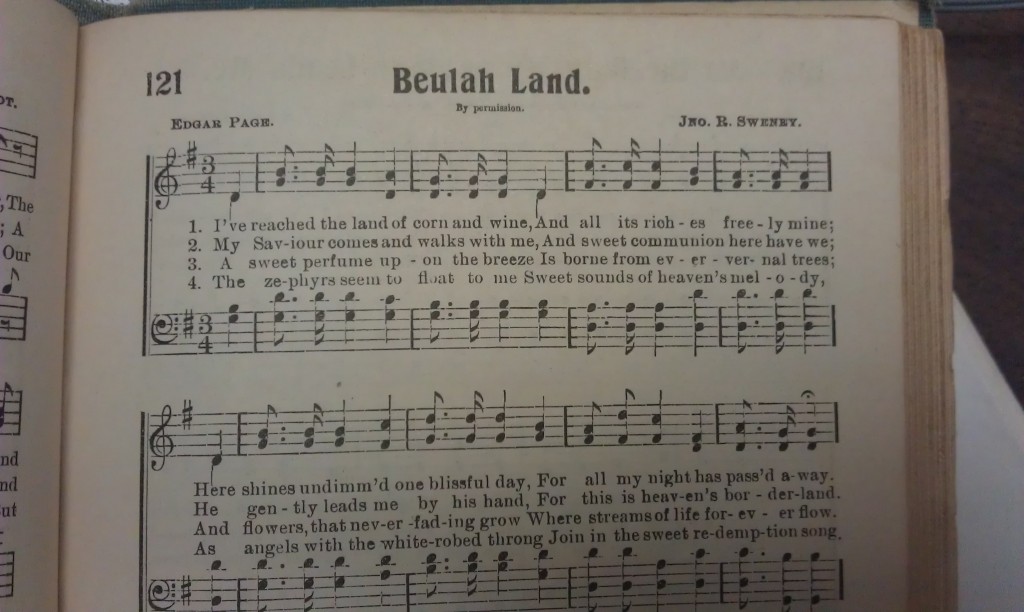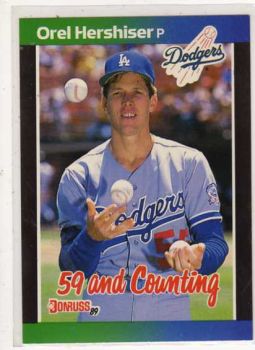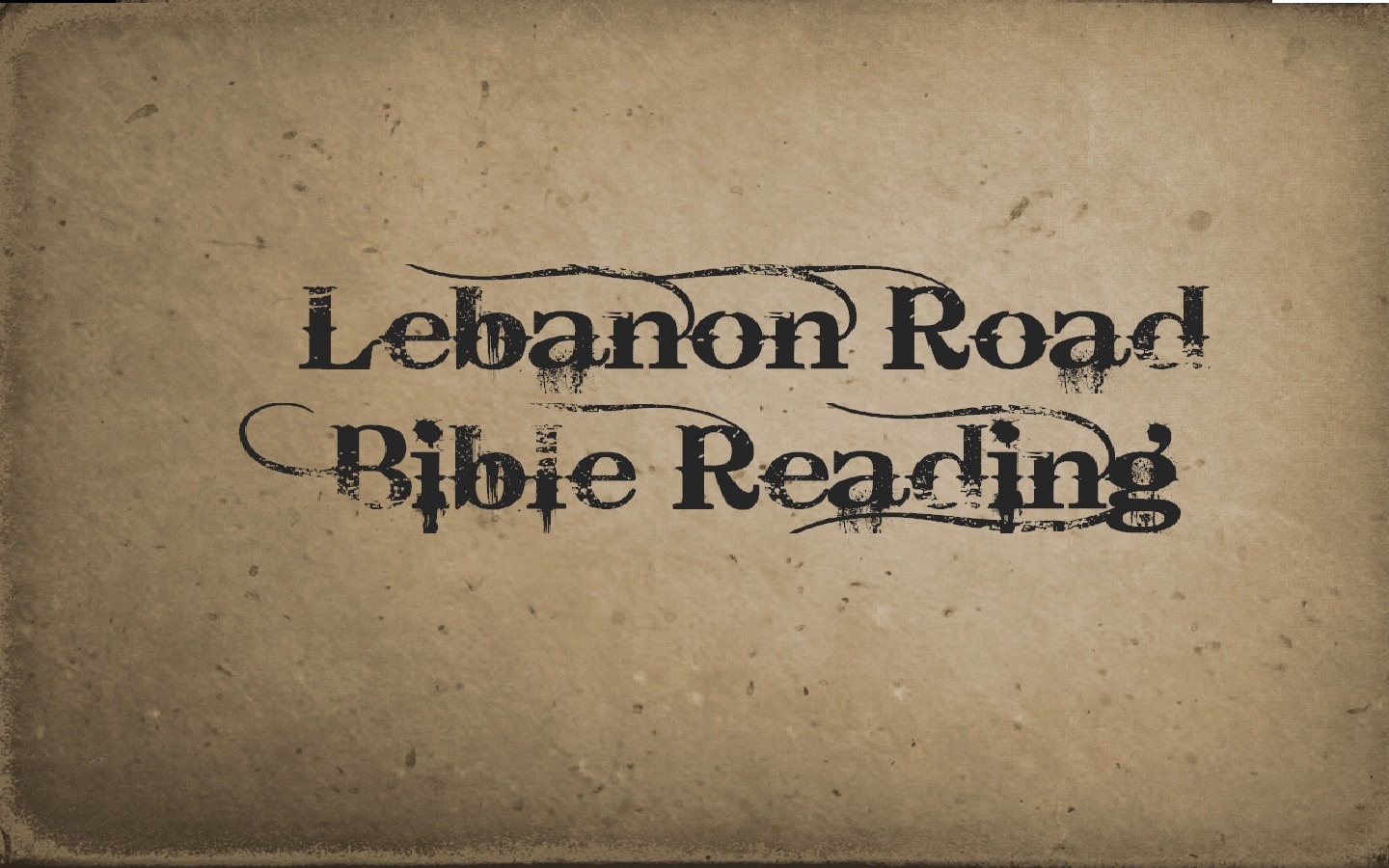Hymn Reflections: Beulah Land
Our hymn for this week has a connection to the Mayflower, Isaiah, and Nebraska.
“Beulah Land” is a song that has fallen out of favor in many places, likely because much of the language is quite old and in some places even confusing. Even the title confuses many people (but we sing right along like we know what we are talking about!).

However, we can know for certain where the title, “Beulah Land,” came from. In Isaiah 62:4, God said to His people, “Thou shalt no more be termed Forsaken; neither shall thy land any more be termed Desolate: but thou shalt be called Hephzibah, and thy land Beulah: for the Lord delighteth in thee, and thy land shall be married.” (Note: I had to quote from the King James Version, because many modern translations go ahead and define words like “Hephzibah” and “Beulah.”)
The King James translation, so commonly used in the 1800s was the catalyst for our hymn. Since the word “Beulah” was from a Hebrew term that means “married” or “to marry,” the land was pictured as being “wed” to God. Thus, the name became synonymous with heaven, since that is the land of God.
Edgar Stites, who was a descendant of one Mayflower traveler, wrote this hymn in 1876. He later wrote about the experience:
It was in 1876 that I wrote “Beulah Land.” I could write only two verses and the chorus, when I was overcome and fell on my face. That was one Sunday. On the following Sunday I wrote the third and fourth verses, and again I was so influenced by emotion that I could only pray and weep. … I have never received a cent for my songs. Perhaps that is why they have had such wide popularity. I could not do work for the Master and receive pay for it.
The four verses and chorus were coupled with a tune by John Sweney, and the rest is hymn history. In fact, one story claims that Ira Sankey sang this hymn as a solo at the funeral service of John Sweney because it was his favorite tune.
Though the song is intended to make us think of heaven, there are some who have parodied it. In fact, when the American frontier was being settled by farmers who were promised amazing weather and perfect growing conditions, they used the song to make fun of the horrible conditions they actually saw. While it doesn’t fit perfectly with the lines, they used the same tune to sing:
Ah, Nebraska Land, Sweet Nebraska Land!
Upon thy burning soil I stand.
And I look away, across the plains,
And I wonder why it never rains.
Of course, we won’t have to worry about drought (or rain, for that matter) in the true land of God, Beulah Land. Originally, the song began with the words “I’ve reached the land of corn and wine,” but in most modern hymnals we sing “I’ve reached the land of joy (or love) divine.” If that’s not enough change, many hymnals also list the writer as Edgar Page instead of Edgar Stites. Why? Page was his middle name.
For those who long for heaven, the words of “Beulah Land” may be a bit outdated, but they still cause us to desire that wonderful land of God as our eternal home.
Picture from My Hymnal Collection

Lyrics
I’ve reached the land of joy divine,
And all its beauty now is mine,
Here shines undimmed one blissful day,
For all my night has passed away.
O Beulah Land, sweet Beulah Land,
As on thy highest mount I stand,
I look away across the sea,
Where mansions are prepared for me,
And view the shining glory shore,
My heav’n, my home forevermore!
Video
(trouble viewing the video? Click here to watch on YouTube)
———————–
Photo credit: Chatham University’s JKM Library on Creative Commons
To receive our blog posts via rss, click here. To subscribe via email (and get a free e-book), click here.
To sign up for our free monthly enewsletter (and get a free e-book), click here.
Click the banner to visit our publishing website



